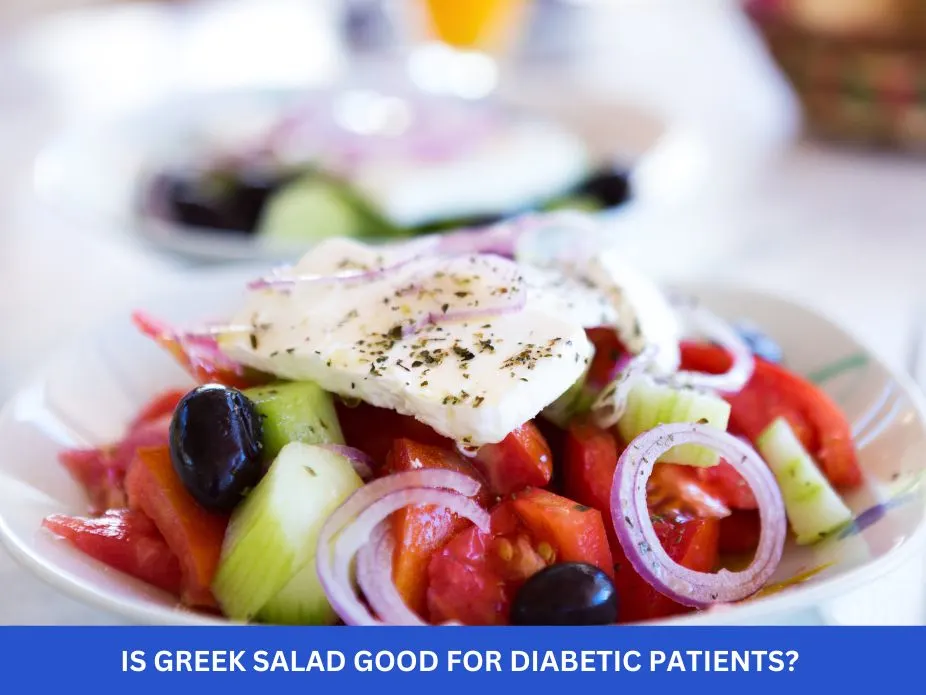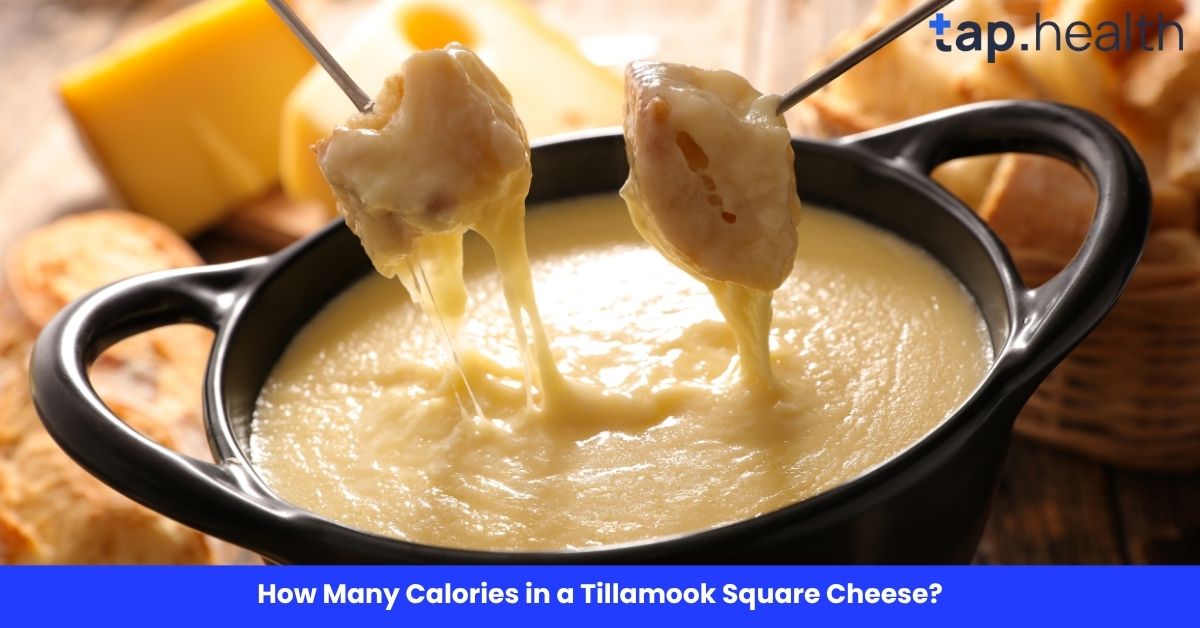In the world of fitness, dieting, and healthy living, the term “cheat meal” has gained popularity. But what exactly is a cheat meal, and how does it affect your body? While some see cheat meals as an essential part of their diet plan, others may view them as an obstacle to progress. But is there scientific reasoning behind including cheat meals in a healthy eating plan? Let’s dive deep into the science behind cheat meals, their effects on metabolism, fat loss, and overall mental well-being.
What Is a Cheat Meal?
A cheat meal is simply a meal that deviates from your regular diet plan, typically involving indulgent foods that you wouldn’t normally eat on a daily basis. This could be anything from a slice of pizza to a bowl of ice cream or even a full burger and fries. The purpose of a cheat meal is often to relieve the psychological burden of strict dieting while allowing individuals to enjoy their favorite foods in moderation.
Cheat Meals vs. Cheat Days
Some people use the term “cheat meal” interchangeably with “cheat day,” but there’s a key difference. A cheat meal is typically a single meal, while a cheat day can span the entire day. The former is considered more balanced and less likely to derail your progress compared to the latter, which may lead to overconsumption of calories.
The Science Behind Cheat Meals
How Cheat Meals Affect Your Metabolism
The idea behind incorporating a cheat meal into your diet is rooted in the concept of metabolic adaptation. When you eat a calorie deficit diet over an extended period of time, your metabolism can slow down, making it harder to lose weight. This is commonly referred to as “starvation mode” or “adaptive thermogenesis.”
When you consume a cheat meal, especially one rich in carbohydrates, it can temporarily boost your leptin levels. Leptin is a hormone that helps regulate your energy balance by signaling to your brain when to stop eating and increasing your metabolism. A cheat meal can help raise leptin levels, which in turn may prevent the body from going into survival mode. This is one reason why some people claim they experience a boost in energy or fat loss after a cheat meal.
The Psychological Benefits of Cheat Meals
Diets can be mentally exhausting. Constantly saying “no” to your favorite foods can lead to feelings of deprivation and burnout. This is where the psychological benefits of a cheat meal come in. Research shows that having a designated cheat meal can reduce feelings of restriction, making it easier to stick to a diet long-term. A study published in the journal “Obesity” (2011) found that those who occasionally indulged in their favorite foods were more likely to maintain their healthy eating habits in the long run compared to those who followed extremely rigid diets without any room for flexibility.
Cheat meals can also help improve your relationship with food. By giving yourself permission to enjoy a treat occasionally, you may feel less guilt about eating certain foods. This can ultimately lead to a more balanced, sustainable approach to healthy living.
Real-Life Scenarios: How Cheat Meals Fit into Different Diets
The Keto Diet
The keto diet is known for its strict limitation of carbohydrates. However, many people on the keto diet incorporate cheat meals to break the monotony or even to boost their metabolic rate. A keto cheat meal, like a plate of pasta, could temporarily kick someone out of ketosis, but it doesn’t necessarily negate all the progress made. It’s important to note that a keto cheat meal can lead to bloating, water retention, and a temporary dip in energy levels due to the body’s shift back to burning carbohydrates for fuel.
Bodybuilders and Athletes
For bodybuilders or athletes, cheat meals are often a tool to break plateaus or to reward themselves for hard work. Many athletes manipulate their carbohydrate intake (often known as “carb cycling”) to optimize performance or fat loss. By incorporating a high-carb cheat meal once in a while, they may experience a boost in glycogen stores (the stored form of carbs in muscles), which improves endurance and recovery.
Weight Loss Enthusiasts
For individuals trying to lose weight, cheat meals are often seen as a way to stay motivated. However, it’s crucial to note that while cheat meals can offer temporary boosts to the metabolism, they shouldn’t be an excuse to overeat. One cheat meal doesn’t give you permission to abandon your healthy eating habits for the rest of the day or week.
Expert Contributions: Insights from Nutritionists
Dr. John Berardi, Ph.D. – Nutrition Expert
Dr. John Berardi, the co-founder of Precision Nutrition, says that cheat meals can be beneficial as long as they are used strategically. According to him, the timing and frequency of cheat meals play a significant role in their effectiveness. “The key to using cheat meals effectively is moderation and timing them in a way that supports your long-term goals. Too many cheat meals can undo your progress, but one occasionally can actually help with motivation and metabolism,” Berardi explains.
Dr. James Hill – Researcher in Obesity and Weight Loss
Dr. James Hill, a leading researcher in obesity and weight management, also supports the idea of including occasional cheat meals in a diet plan. His research suggests that flexibility in a diet plan helps to reduce the feeling of deprivation, which may contribute to more sustainable weight loss over time. Dr. Hill stresses that it’s essential to treat cheat meals as an opportunity for psychological relief, not an excuse to binge.
Reference: “The Role of Psychological Factors in Dieting Success” – Science Direct
How to Include Cheat Meals in Your Diet
Plan for It
If you’re incorporating cheat meals into your diet, it’s important to plan for them. Know when your cheat meal is coming up and try to keep the rest of your meals balanced to avoid going overboard. If you’re trying to lose weight or maintain your current weight, make sure the cheat meal is a planned indulgence, not an impulsive decision.
Keep Portions in Check
Just because you’re having a cheat meal doesn’t mean you should overeat. Even with indulgent foods, keeping portions reasonable can help you avoid excess calorie consumption. Opt for a smaller portion of your favorite treat and try to savor it slowly.
Balance It with Physical Activity
One way to balance a cheat meal is by increasing physical activity. Some people find that incorporating a cheat meal on days they have a harder workout or longer exercise session helps offset the extra calories consumed.
Stay Consistent with Your Overall Goals
Cheat meals should fit within your broader health and fitness goals. If you’re trying to lose weight, remember that consistency is key. A single cheat meal won’t derail your progress, but a week full of cheat days might.
Factual and Reliable Information on Cheat Meals
- Moderation is key: Cheat meals should be part of a balanced diet, not an excuse for a free-for-all. A moderate approach to indulgence can help you stay on track with your health goals.
- Psychological benefits: Occasional cheat meals can help reduce feelings of deprivation, making it easier to stick with a healthy eating plan in the long run.
- Metabolic boost: A cheat meal, especially one high in carbs, can provide a temporary boost in metabolism and leptin levels, helping to prevent metabolic slowdown during dieting.
- Energy and mood boost: A well-timed cheat meal can provide a psychological and emotional lift, which may help you stay motivated and committed to your overall health goals.
Frequently Asked Questions (FAQ) on The Science Behind Cheat Meals
1. Can cheat meals help with weight loss?
Yes, cheat meals can potentially help with weight loss by boosting metabolism and preventing the slowdown of your metabolism due to a prolonged calorie deficit. However, they should be part of a balanced diet and not overdone.
2. How often should I have a cheat meal?
The frequency of cheat meals depends on your personal goals. For some, one cheat meal per week is sufficient, while others may choose to have one every two weeks. The key is moderation.
3. Will a cheat meal ruin my progress?
A single cheat meal, if done in moderation, is unlikely to ruin your progress. However, frequent overindulgence can sabotage your efforts. Consistency in your overall diet plan is what matters most.
4. What foods should I choose for a cheat meal?
Choose foods that you truly enjoy and miss. It could be anything from a slice of cake to a pizza. The key is to enjoy it without guilt and avoid overconsuming.
5. Can cheat meals improve my mental well-being?
Yes, cheat meals can improve your mental well-being by reducing feelings of restriction, offering a psychological break, and making it easier to stick with a long-term healthy eating plan.
Conclusion
Cheat meals, when used strategically, can play a valuable role in supporting both your physical and mental health. They offer a break from strict dieting, potentially boost metabolism, and help maintain a healthy relationship with food. However, moderation is key to ensuring cheat meals enhance, rather than hinder, your health goals.
Remember to plan your cheat meals, keep portions reasonable, and maintain a consistent approach to your overall nutrition. With a balanced, well-thought-out approach, cheat meals can be a useful tool in your fitness and weight-loss journey.
reference link
- “The Role of Psychological Factors in Dieting Success” – ScienceDirect
ScienceDirect: The Role of Psychological Factors in Dieting Success



